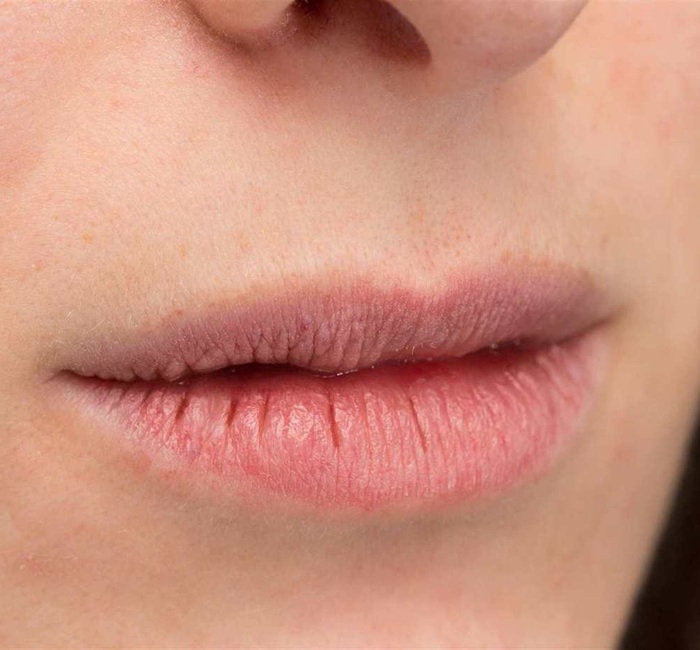Dry Mouth
What Is Dry Mouth?
Saliva is important for many reasons, and therefore suffering from xerostomia is not only a nuisance, it can also wreak havoc on your general and dental health. Saliva works to help prevent tooth decay by neutralising cavity-causing acids that are produced by bacteria and it also rinses away food particles, facilitates chewing and swallowing, boosts our ability to taste foods, and aids in digestion through the enzymes that are found within it.
Dry mouth can happen for a number of reasons including aging, side effects from prescription medications, conditions that have a direct effect on the salivary glands such as nerve damage, and radiation treatments for cancer. No matter what the underlying cause, decreased saliva will not only impact the health of your teeth and gums, but also your appetite and overall ability to enjoy food.

Symptoms Of Dry Mouth
- Bad breath
- Sore, dry throat
- Scratchy voice
- Dry, sticky mouth
- Thick, filmy, stringy saliva
- Altered ability to taste foods properly
- Dry tongue
- Trouble speaking, chewing, and swallowing
Complications Of Dry Mouth
- Gum disease, tooth decay, increased plaque and tartar
- Oral thrush, or yeast infections in the mouth
- Nutritional deficiencies from an inability properly chew and swallow
- Painful sores in the mouth
- Cracked, painful lips and/or broken skin near the corners of the mouth
Treatment Options
Once the cause is discovered, then treatments can include: a change in medication, prescription and over-the-counter rinses, moisturisers, or artificial saliva to help moisturise your mouth, nightly at-home fluoride treatments from your dentist as a means of cavity prevention, or prescription medication to stimulate your saliva production.
